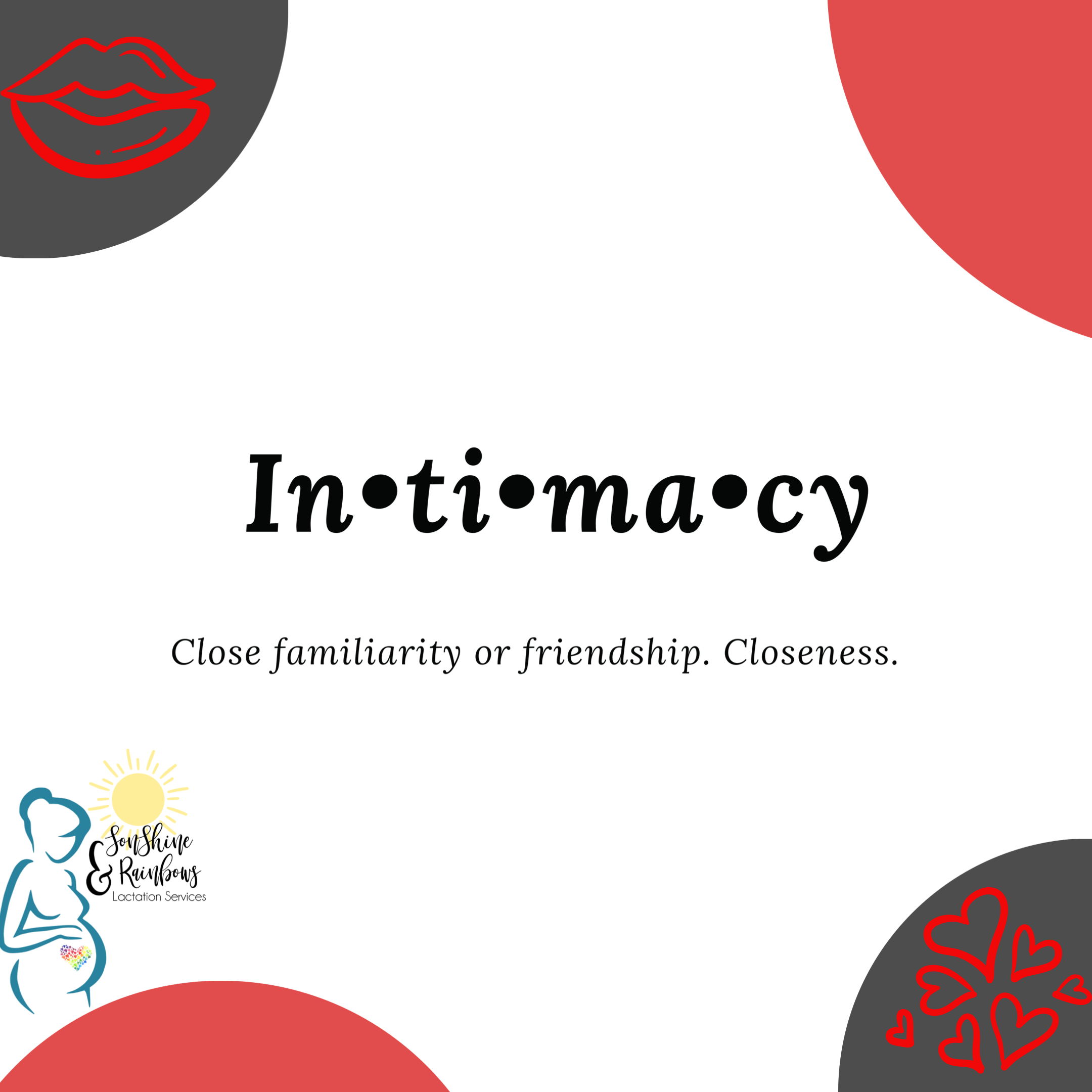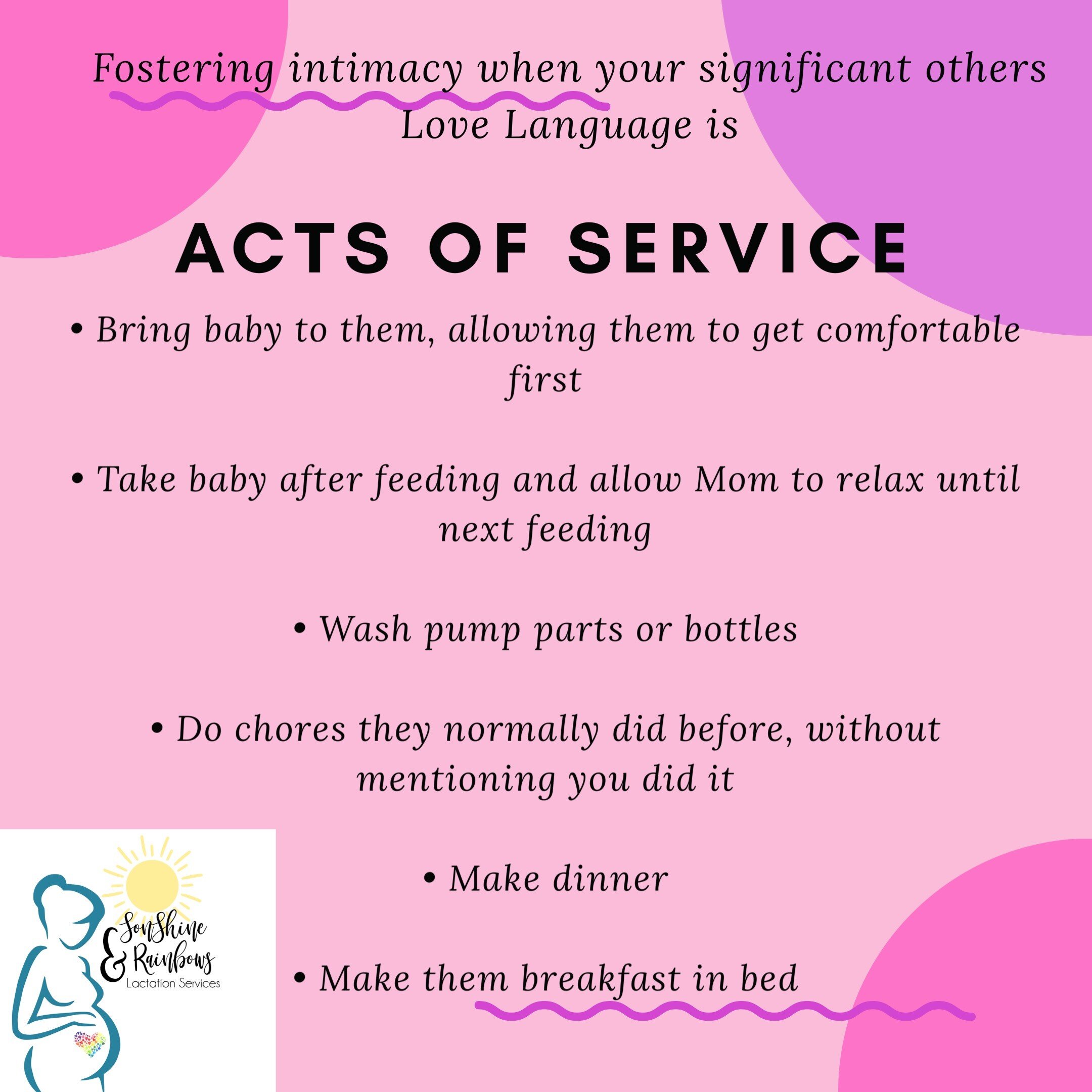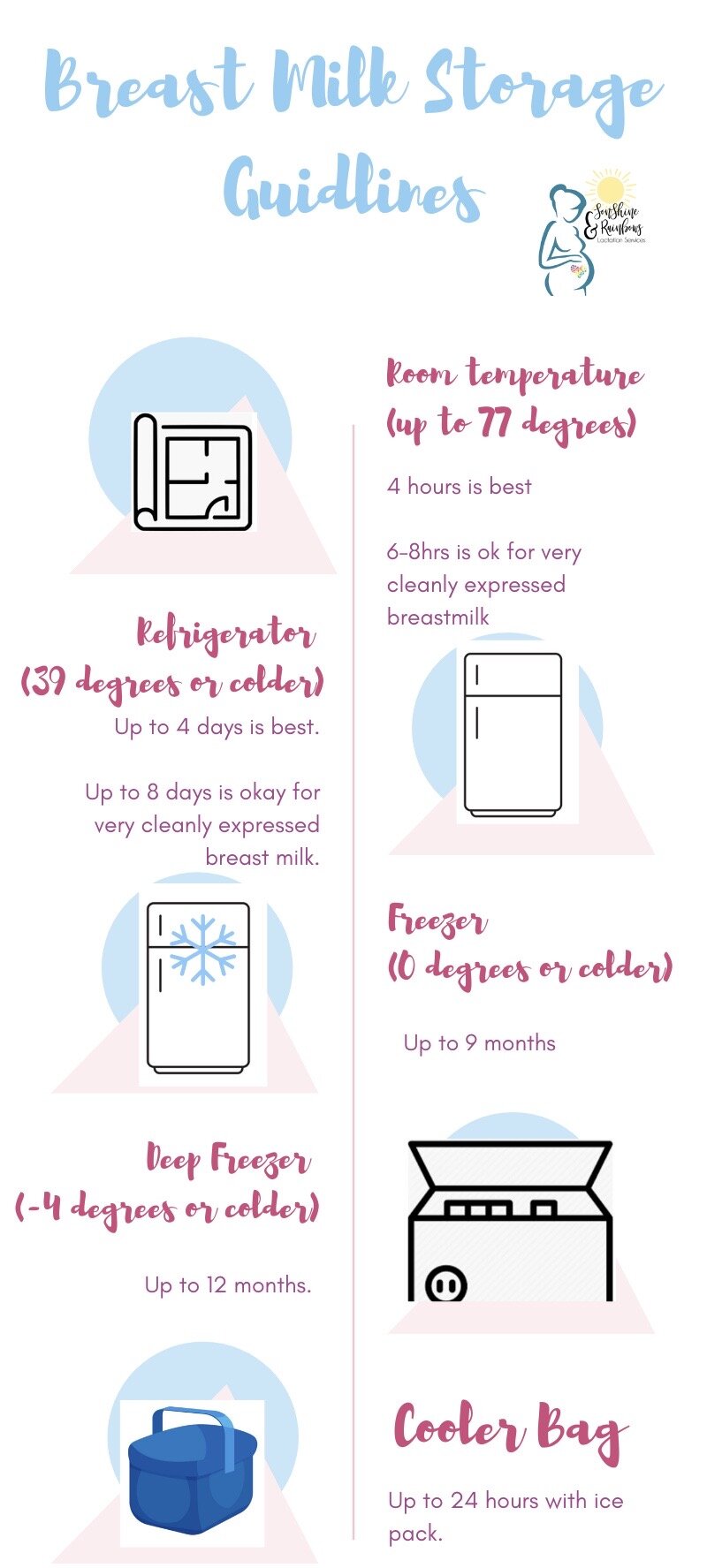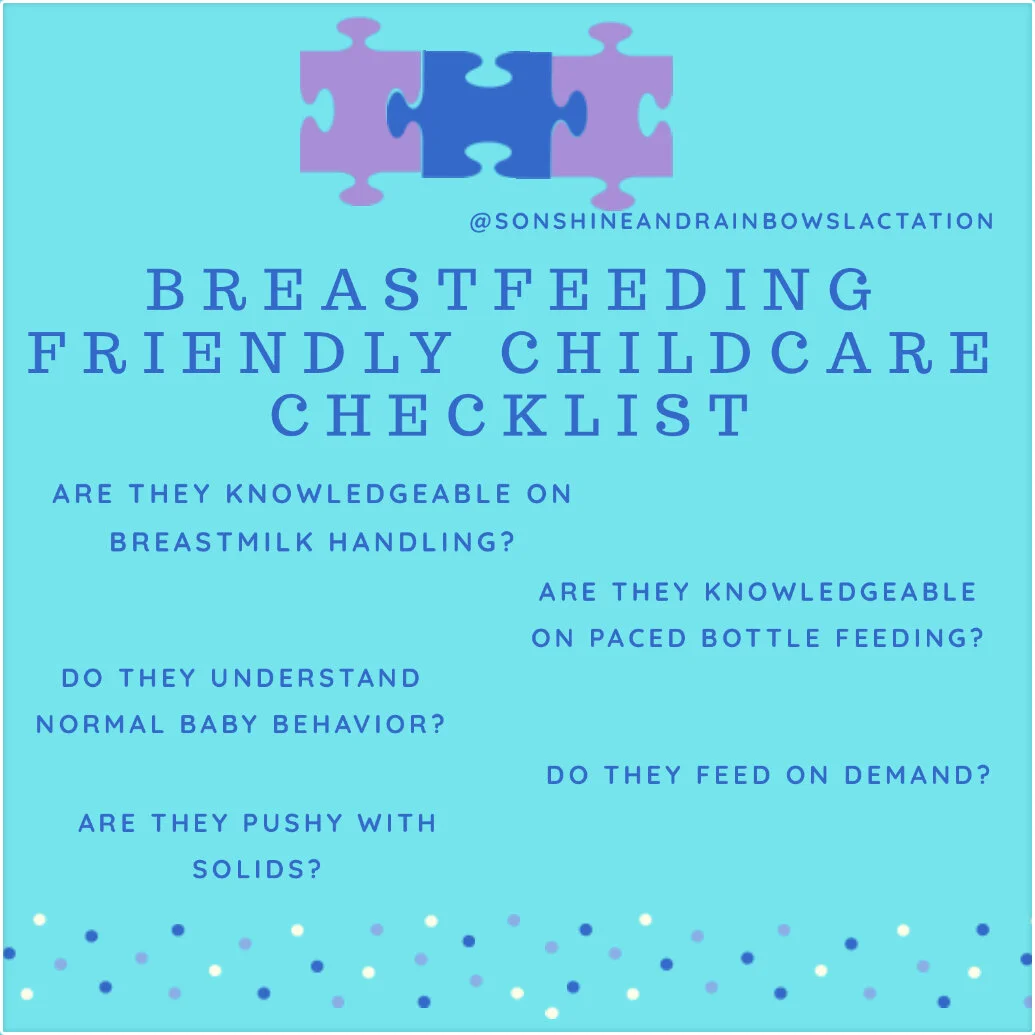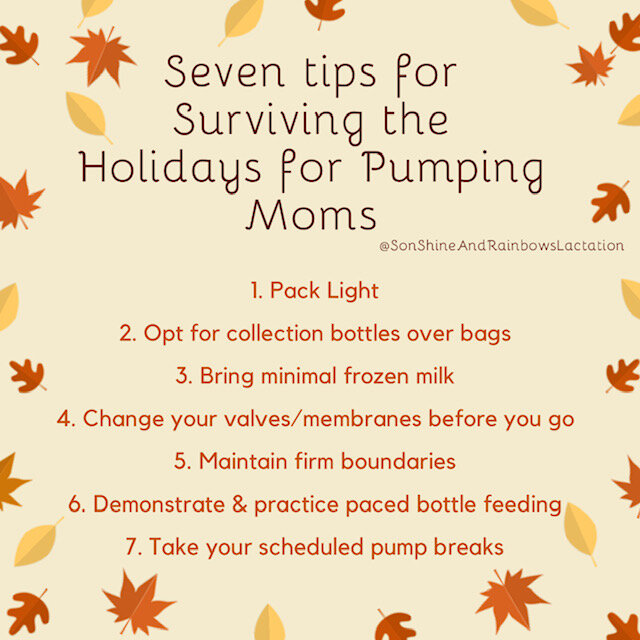This blog is 7 months in the making. To tell you the truth, I didn’t write it before because there’s a level of transparency this post is going to have that I wasn’t sure I was ready to share outside my circle. Before I am a lactation professional, I’m a mother. In March of 2020, I made the decision to relactate. Relactation is the process of bringing back your milk supply. It’s something I’d read about and wantonly told parents “Sure, it’s possible” without ever really doing it myself. I want to pause here to say, you don’t have to personally relactate or induce lactation to know how to do it. There are many talented Lactation Consultants who can walk through the process with you. This post is simply about how I was able to personally connect with parents in this situation.
My Journey
When people ask me why I chose to relactate, I generally give them the answer that requires the least explanation, which is Covid-19. I believe wholeheartedly in the immune properties and protection of breastmilk. At the onset of Covid-19, it just made sense. But, the deeper reason was…. I missed breastfeeding. I exclusively pumped for SonShine from November 2017 (birth) to February 2019. Having an oversupply, I had milk stored so that he could have milk 6-8 times a day until January 2020. When I hung up my pump, it was bittersweet. He was still being breastfed (because pumping is breastfeeding and milk from the breast is breastfeeding), but the “break” I thought I so desperately wanted wasn’t all I thought it would be. I watched my rainbow baby, my only child grow leaps and bounds and become more independent by the day. I felt a little useless. I served a purpose before; for 2 years (9 months and the 15 I spent EPing) his life literally depended on me. It was a lot, but it was….. I was needed. My family and I drink cows milk. One day, SonShine asked for milk. I gave him a cup of cow's milk. He sipped it, looked up at me, handed me the cup, and said “No, I want milk.” “This is milk.” I followed him to the cabinet where I stored his cups, plates, and all food things for kids. He grabbed my flange. “I want milk.”
I had complained and rejoiced so much that I was done that I felt kind of foolish missing breastfeeding. I mentioned it to my husband, who seemed confused and perplexed that I wanted to start again.So, I let it go. So you see, Covid was just an excuse to relactate. I wanted to do it anyway.
I live in Virginia and at the onset of Covid-19, I received many messages from parents, wondering if breastmilk provided any immune protections, fearful of a formula shortage, just….. confused and afraid. I’d been a donor my first go round of breastfeeding and thought…. Why not? Although I was not able to donate to HMBANA milk banks (due to rules and guidelines), I was able to do some peer to peer sharing.
So, how’d I get started. That’s why you’re here right? Aight, so boom….
I knew I could relactate because I could still hand express drops. Yes, even after 13 months.
I began relactating on March 15, 2020. I had just returned from what would be my last in-person conference of 2020 (Lactation Consultants in Private Practice, LCinPP for short). I spent a weekend with some of my favorite LCs, specifically my dear friend Whitney Dula and her 6 week old little Biscuit. I think the fresh smell of baby got my oxytocin going. I came home and got out my Spectra S1, my 28mm flanges, collection bottles, and got to work. I was not as committed to relactating as many of my clients were and so, I won’t lie and say I followed my own advice and pumped every 2-3hrs around the clock. I pumped every 3 hours from the time I woke up until bed. That placed me at 6 pumps a day, with one of them being a power pump. My breasts were sore from the added stimulation and I only produced drops per day. I was using my Spectra S1 and purchased an Elvie for the hands free aspect. SonShine was now two and a half and home due to having a pre-existing condition that makes him part of the vulnerable Covid-19 population. I needed to be hands free with him running underfoot. I used the Elvie three times a day and during one power pump. The rest of the time, I used my S1. After a week of this, I decided to take my own advice and see an IBCLC. My good friend and mentor, Bryna Sampey, IBCLC, specializes in trans lactation (assisting transgender parents with their milk supply) and I thought, let me consult with her. She asked if I was familiar with the Newman-Goldfarb Protocol; I was. But, I needed clarification on exactly what it was I needed to do. Like the amazing IBCLC she is, she broke it down for me. I began taking birth control pills (MiniPill) to simulate the changes breasts experience during pregnancy. We decided that I’d like to do the Newman-Goldfarb Accelerated Protocol because Covid-19 had me freaked out. I increased my pumping schedule, staying at 6 times a day, but making TWO sessions power pump sessions.
*Note: The Accelerated Protocol recommends NOT pumping during this time. But, I don’t follow instructions. Not following instruction absolutely negatively affected the amount I was able to produce. Ok keep reading...*
There are other protocols that yield better results because you have longer preparation time, but I was impatient. I also began Domperidone. After 3 days, I had an allergic reaction and had to stop immediately. I went back to my IBCLC and she recommended Moringa, a common galactagogue. No reaction with that. After a month on birth control, I stopped that and was strictly pumping and taking Moringa. At my peak/after 1.5months, I was producing 11oz per day. I continued to pump and store for my son and peer sharing through July. In July, my supply began to drop. I experienced a pregnancy and miscarriage and after that, I didn’t have the motivation to continue.
Takeaways
Set realistic expectations. I had no idea what to really expect. Before, when I exclusively pumped, the process of breastfeeding was easy to track. Colostrum at this week. Mature milk by this week. Etcetera, etcetera. With relactating, there were so many unknowns. Is this enough for this timeframe? Should I be making more? Is it worth it? I was also used to an overabundant milk supply. When I relatacted, I produced a fraction of what I made before. It gave me a tiny bit of perspective into the countless parents and clients who struggle with making enough for their babies. But, I was so happy with my little 10-11 ounces per day, it may as well have been a gallon. I think the most important part was having someone to go through it with me. Bryna brought a perspective that, even with my education on the topic, was invaluable.
So, that’s it. That’s my relactation journey. This is one of my lengthier posts, but I hope you enjoy!
Here’s a collection of my posts about it in real time from my personal Facebook page:
https://www.facebook.com/saved/list/10101037738261729?isCollaborativeCollection=true
These are DAILY totals, not per session.






